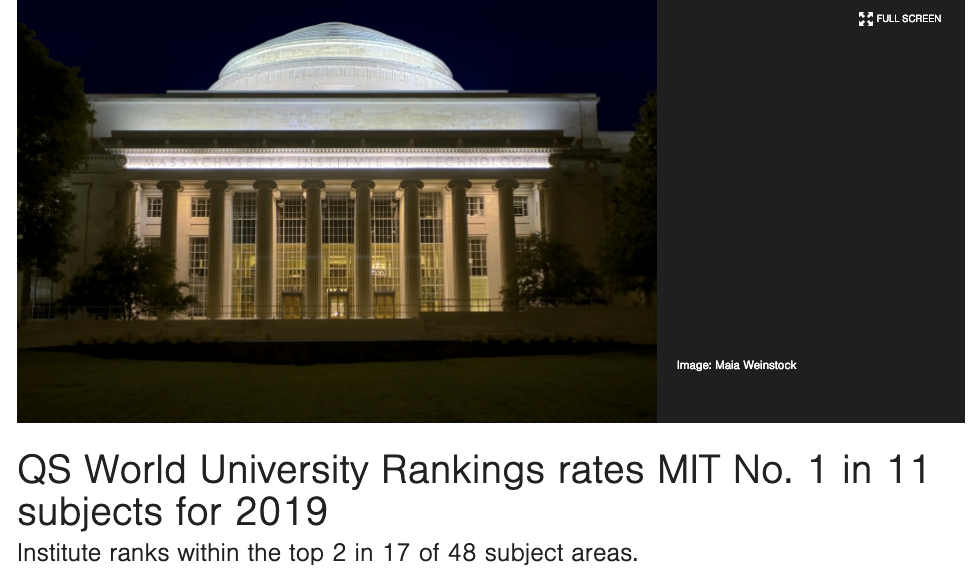
The first rankings of the year were published on 27 February, with QS releasing their latest Subject Rankings, driven by data from the QS reputation surveys of academics and employers, and research metric data from Scopus.
Initial W100 analysis suggests that several members have made significant progress, with University of Toronto, University of Michigan and McGill University rising in all 5 of the broad subject tables. UBC was close behind, rising in 4 and holding their own in Medicine.
University of Amsterdam is No.1 in the Communications & Media Studies subject ranking, and LSE leads the Social Policy & Administration Rankings. LSE also maintained its no 2 position across the broad Social Science ranking. NUS continues to be the most consistent W100 performer in the upper levels of the tables, featuring in the top 25 across all five areas.
More broadly there has been little change at the top of the subject tables, with the traditional academic ‘superbrands’ in the US and the UK continuing to dominate the top 10 across all subject areas.
However, with these rankings more than most, the devil is in the detail, with 52 subject areas covered, leading faculties and departments across the world to crawl through the results in search of a quick headline.
It is noticeable that universities are increasingly highlighting performance in the subject level tables; MIT, for example is trumpeting their performance (Harvard, by contrast doesn’t feature the rankings in its news).
QS claims that subject level tables are increasingly driving international student recruitment. “Subject rankings are becoming more and more influential because students are increasingly seeking more specific guidance and often choose subject before destination,” says Ben Sowter from QS.
What is also clear is that reputation continues to be play a huge role in driving rankings. The methodology for the subject rankings is different in many cases than the overall QS rankings; in some cases, the scores from the reputation surveys are even more influential than the 50% for the main ranking: in Art & Design for example, with fewer citations than the sciences, 90% of the subject rank is driven by the academic reputation survey.
The W100 research on Rankings Influencers continues to be a useful guide for members seeking to improve their rankings position. We are also now providing bespoke consultancy for institutions.

